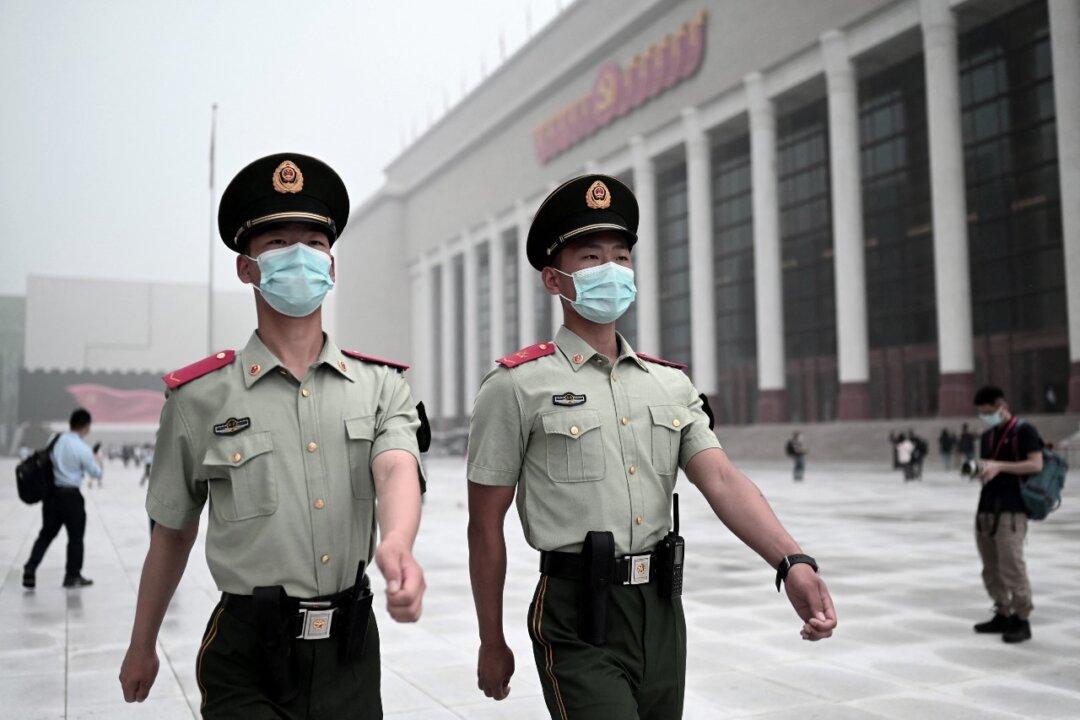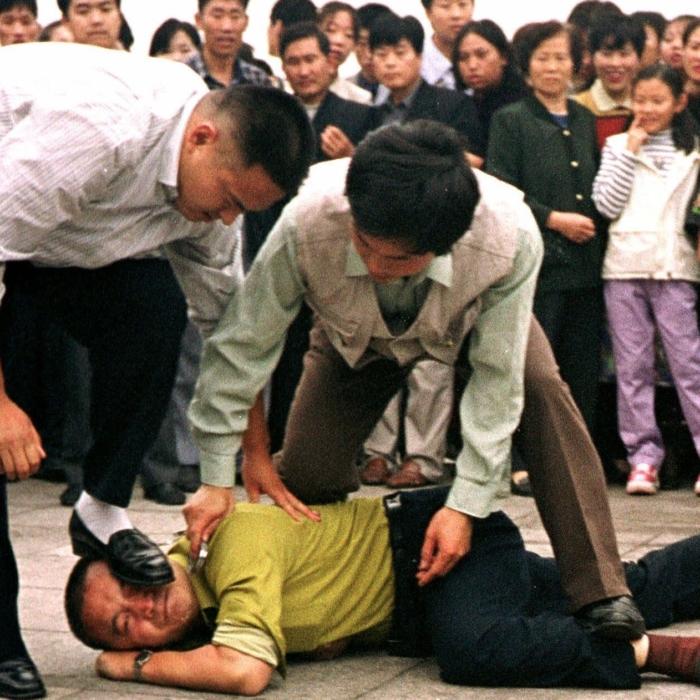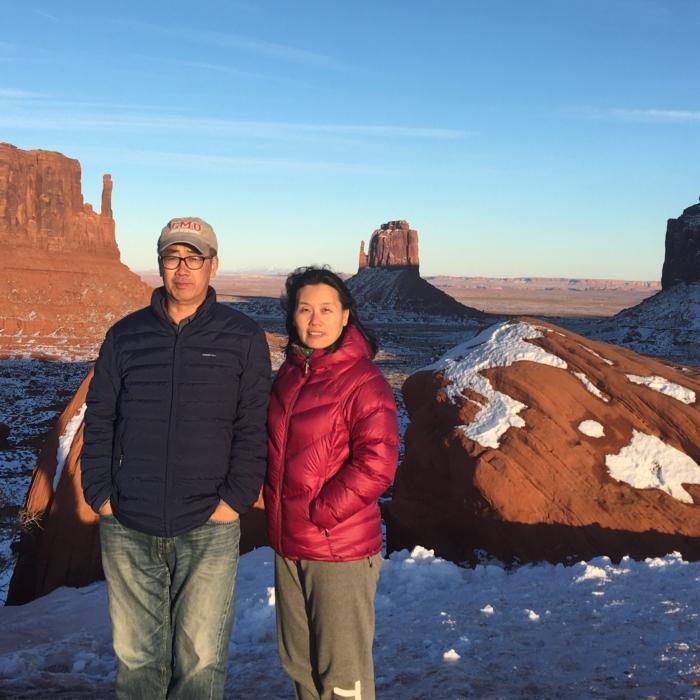The Chinese regime has mounted the “largest transnational crackdown in the world” to ensure that Chinese communities globally toe the Party line, according to a recent report.
The report presents a comprehensive look into Chinese influence operations worldwide.
The regime also directly places pressure on at least nine foreign states, demanding the arrest of individuals in those countries who are wanted by Chinese authorities.
About 60 million ethnic Chinese live outside of China, with the United States seeing the fastest-growing Chinese population, according to the Overseas Chinese Affairs Office, an administrative body under China’s cabinet-like State Council that liaises with overseas Chinese.
To the regime, that population is a “priority target” for influence operations, because they have easier access to uncensored views critical of the Chinese Communist Party (CCP) and are likely to spread such information to their relatives in mainland China, according to the report.
Despite a vast majority of them having foreign citizenship and therefore not being considered Chinese nationals, Beijing has maintained that all Chinese nationals overseas are members of one “big Chinese family” bound by blood ties, while branding those who step out of line as “traitors.”
On Aug. 23, 2019, the Chinese ambassador to Lithuania and Chinese embassy officials took part in counterprotests to disrupt a pro-Hong Kong rally in support of the city’s democracy movement in Vilnius, Lithuania. After police intervened and arrested two Chinese citizens, several Chinese diplomats approached police with their embassy badges demanding that the detainees be released. Lithuania later protested by summoning the Chinese envoy, saying that the Chinese embassy staff “were involved in organizing unlawful actions.”
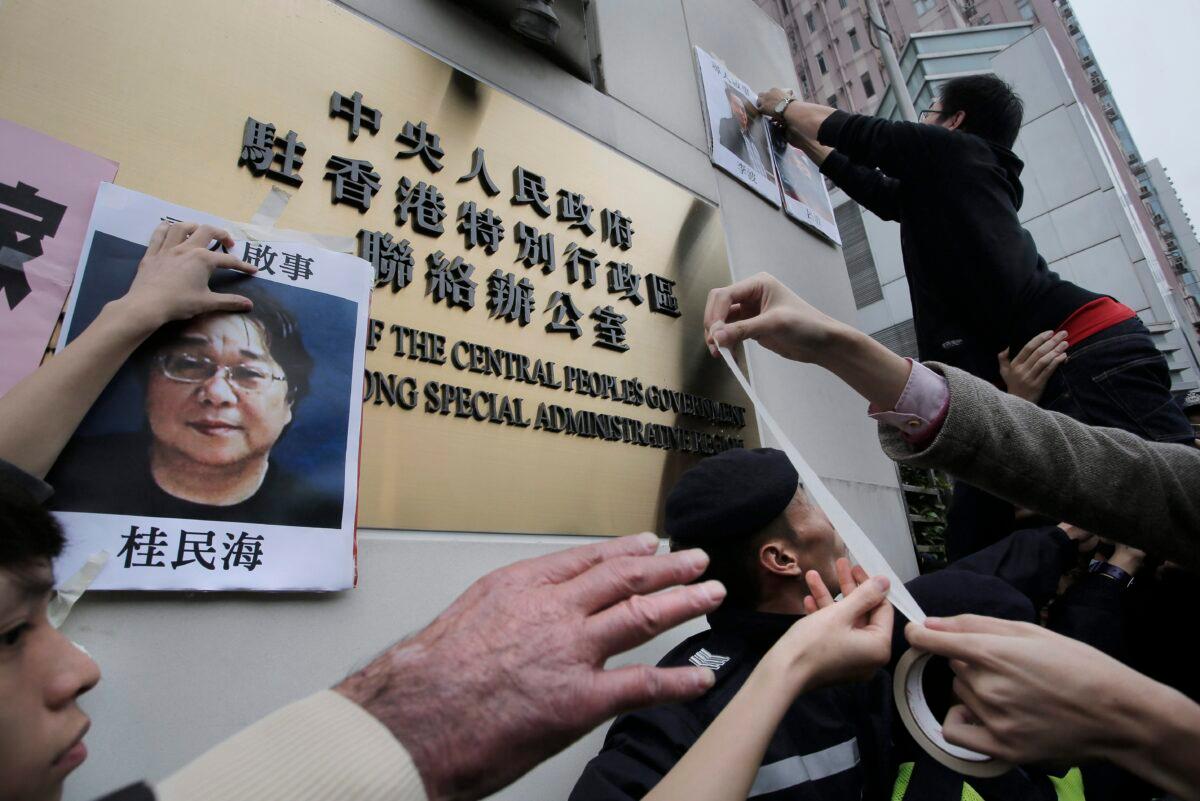
One of the men told her that if she didn’t cooperate with them, it was possible that she might never see her father again.
“What is most important to you? Your values or your father?” she recalled him saying.
‘It Can Happen to Anyone’
Intimidation is another tactic used by the CCP, the report states. Targets have received abusive phone calls at midnight, while activists and politicians who take a critical stance on China are also blackmailed.The regime has also sought to discredit dissidents by impersonating them, such as by sending insulting emails to foreign officials in the name of the dissident, according to the report.
Chinese Canadian politician Richard Lee, the deputy speaker for the Legislative Assembly of British Columbia, was detained for eight hours upon his arrival at a Shanghai airport in 2015 over activities “endangering national security.” The police examined both his personal and government phones before expelling him from Chinese territory.
Lee revealed his experience in 2019 and said he believed that it was linked to his vocal support for human rights in China, including his annual participation in a candlelight vigil to commemorate those killed during the 1989 Tiananmen Square massacre.
The fact that a high-profile official such as Lee “could be harassed means that, as he says himself, ‘It can happen to anyone,’ the researchers wrote.
Targeting Falun Gong
In the bid to wipe out the Falun Gong spiritual group, which became the target of a sweeping persecution campaign by the CCP in 1999, Beijing has recruited more than 1,000 agents in Canada, including Chinese Canadians, businessmen, and students, the report states, citing Hao Fengjun, a former police officer from the Gestapo-like 610 Office set up specifically to persecute Falun Gong.The regime had set up informant networks targeting Falun Gong practitioners in Australia and the United States, according to Chen Yonglin, former first secretary for the Chinese consulate in Sydney, whose job was to “monitor and persecute” Falun Gong, the report states. Diplomats were also given directives to identify practitioners and put them on a blacklist, preventing their return to China, according to Chen, who defected to Australia and obtained asylum in 2005.
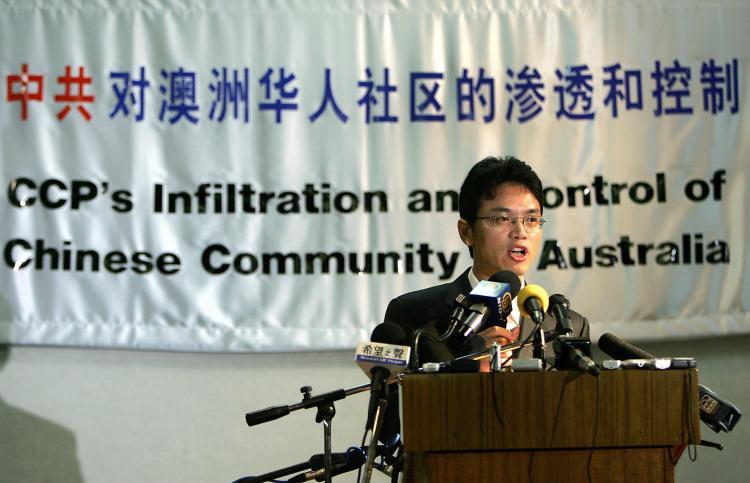
Informant networks of a similar scale described by Hao also exist in the United States and Australia, Chen said.
Suppressing Overseas Media
Some journalists with The Epoch Times network also have fallen victim to the regime’s bullying campaign. In 2010, Tao Wang, a reporter for the Chinese-language NTD, a sister outlet of The Epoch Times, revealed that he had received phone calls from Chinese agents issuing death threats.The threats escalated after he refused to comply with their demands.
“They said, ‘You actually think there is nothing we can do to you because you are in Canada?’ They also mentioned, ‘If you ever go public on this, you are’—in Chinese words—’seeking death,’” Tao told local media at the time.
Tao, who also had a company in China, learned that Chinese agents also had visited his customers, telling them that Tao was “was participating in illegal activities in Canada that harm China’s national security.” The same day after he received that phone call, his company’s bank accounts in China were frozen.
